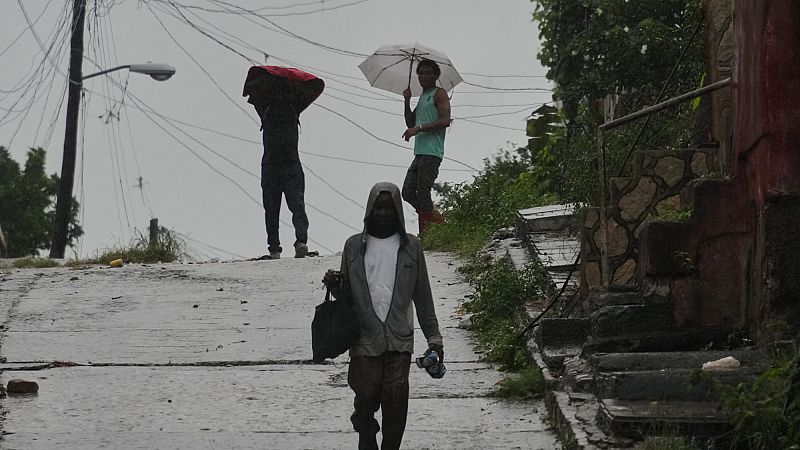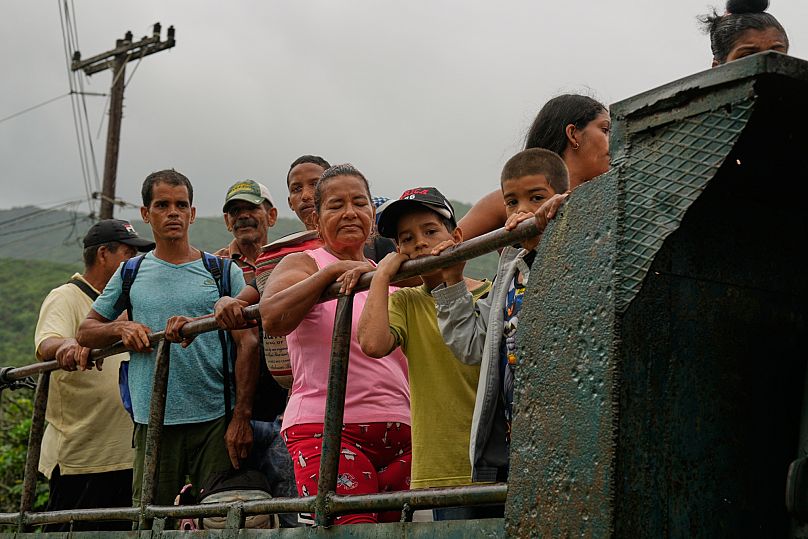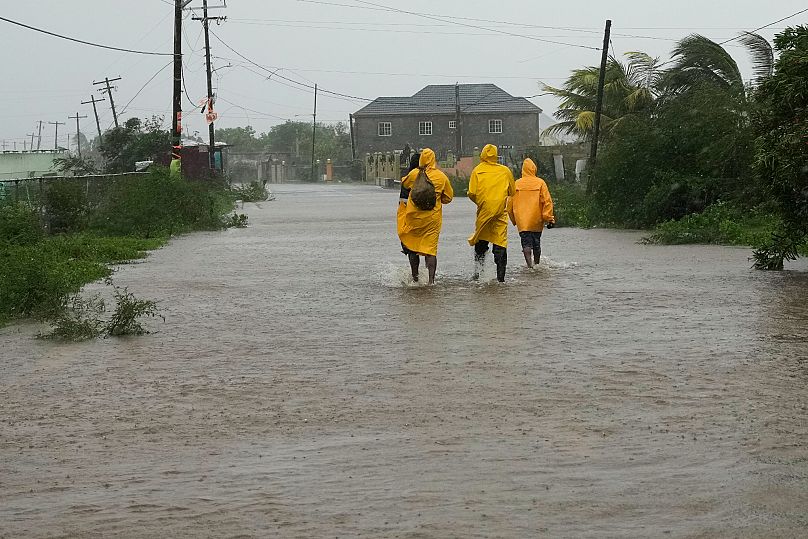Hurricane Melissa makes landfall in Cuba, over 700,000 evacuated

Hurricane Melissa made landfall in eastern Cuba early Wednesday with 193 kph winds after battering Jamaica as one of the Atlantic's strongest recorded hurricanes, threatening to worsen the island nation's severe economic crisis as officials evacuated over 700,000 people.
The devastating hurricane made landfall near Chivirico, in the province of Santiago de Cuba.
The storm was expected to generate a surge of up to 3.6 meters in the region and drop up to 51 centimetres of rain in parts of eastern Cuba.
Melissa was forecast to cross the island through the morning and move into the Bahamas later Wednesday.
The continuing intense rain could cause life-threatening flooding with numerous landslides, US forecasters said. A hurricane watch was in effect for Bermuda.
Cuba’s economic crisis could worsen
As Hurricane Melissa made landfall in Cuba, concern is growing not only over its immediate impact but also its aftermath.
The hurricane could worsen Cuba’s severe economic crisis, which has already led to prolonged power and food shortages.
“There will be a lot of work to do. We know there will be a lot of damage,” Cuban President Miguel Díaz-Canel said in a televised address, in which he assured that “no one is left behind and no resources are spared to protect the lives of the population.”
At the same time, he urged the population not to underestimate the power of Hurricane Melissa, “the strongest ever to hit national territory”.
Provinces from Guantánamo — in the far east — to Camagüey, almost in the centre of the island, had already suspended classes on Monday.
Jamaica begins to assess damage
As Cuba prepared for the storm, officials in Jamaica prepared to fan out on Wednesday to assess the damage.
Extensive damage was reported in parts of Clarendon in southern Jamaica and in the southwestern parish of St. Elizabeth, which was “under water,” said Desmond McKenzie, deputy chairman of Jamaica’s Disaster Risk Management Council.
The storm also damaged four hospitals and left one without power, forcing officials to evacuate 75 patients, McKenzie said.
More than half a million customers were without power as of late Tuesday as officials reported that most of the island experienced downed trees, power lines and extensive flooding.
The government said it hopes to reopen all of Jamaica’s airports as early as Thursday to ensure the quick distribution of emergency relief supplies.
The storm was already blamed for seven deaths in the Caribbean, including three in Jamaica, three in Haiti and one in the Dominican Republic, where another person remains missing.
Today



